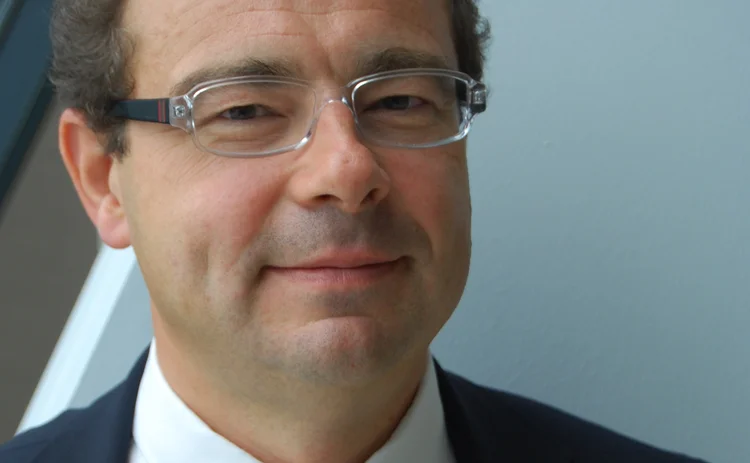Turkey: The Grand Bazaar

In a bid to get up to speed with the global markets, Turkey is taking steps to attract more algorithmic and high-frequency trading in the region—and foreign investors are already showing interest.
A rule change introduced on October 8 by the Istanbul Stock Exchange allows unconditional intra-session order cancellation, meaning clients can directly cancel or decrease orders without any intermediation from local executing brokers, whereas previously, cancellations required intermediation by the
Only users who have a paid subscription or are part of a corporate subscription are able to print or copy content.
To access these options, along with all other subscription benefits, please contact info@waterstechnology.com or view our subscription options here: http://subscriptions.waterstechnology.com/subscribe
You are currently unable to print this content. Please contact info@waterstechnology.com to find out more.
You are currently unable to copy this content. Please contact info@waterstechnology.com to find out more.
Copyright Infopro Digital Limited. All rights reserved.
As outlined in our terms and conditions, https://www.infopro-digital.com/terms-and-conditions/subscriptions/ (point 2.4), printing is limited to a single copy.
If you would like to purchase additional rights please email info@waterstechnology.com
Copyright Infopro Digital Limited. All rights reserved.
You may share this content using our article tools. As outlined in our terms and conditions, https://www.infopro-digital.com/terms-and-conditions/subscriptions/ (clause 2.4), an Authorised User may only make one copy of the materials for their own personal use. You must also comply with the restrictions in clause 2.5.
If you would like to purchase additional rights please email info@waterstechnology.com
More on Trading Tech
Tariffs, data spikes, and having a ‘reasonable level of paranoia’
History doesn’t repeat itself, but it rhymes. Covid brought a “new normal” and a multitude of lessons that markets—and people—are still learning. New tariffs and global economic uncertainty mean it’s time to apply them, ready or not.
ICE eyes year-end launch for Treasury clearing service
Third entrant expects Q2 comment period for new access models that address ‘done-away’ accounting hurdle
MarketAxess, S&P partnership aims for greater transparency in fixed income
CP+, MarketAxess’s AI-powered pricing engine, will receive an influx of new datasets, while S&P Global Market Intelligence integrates the tool into its suite of bond-pricing solutions.
Trading Technologies looks to ‘Multi-X’ amid vendor consolidation
The vendor’s new CEO details TT’s approach to multi-asset trading, the next generation of traders, and modern architecture.
Waters Wavelength Ep. 311: Blue Ocean’s Brian Hyndman
Brian Hyndman, CEO and president at Blue Ocean Technologies, joins to discuss overnight trading.
WatersTechnology latest edition
Check out our latest edition, plus more than 12 years of our best content.
A new data analytics studio born from a large asset manager hits the market
Amundi Asset Management’s tech arm is commercializing a tool that has 500 users at the buy-side firm.
How exactly does a private-share trading platform work?
As companies stay private for longer, new trading platforms are looking to cash in by helping investors cash out.







